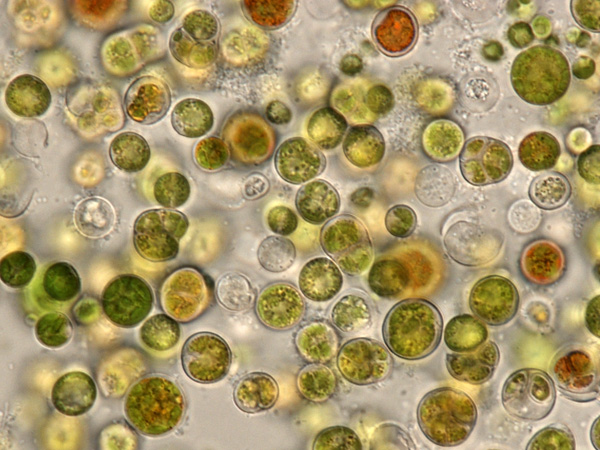Can algae be a valuable component of the human diet?
Summary
In recent years, there has been a growing interest in new, natural food products obtained through innovative technologies, commonly referred to as "novel foods." Current research focuses on various groups of chemical compounds synthesized by diverse living organisms. Algae, in particular, have attracted increasing attention as a potential reservoir of valuable and bioactive substances. Numerous studies have demonstrated that algae are a rich source of essential amino acids, unsaturated fatty acids, vitamins, and macro- and micronutrients. As such, they represent a promising material for use in food production technologies or as ingredients in dietary supplements. To date, investigations into the dietary applications of algae have primarily focused on marine and freshwater species. However, it appears justified to expand this knowledge to include algae that commonly occur in other habitats, such as soils, aquatic environments, and tree bark. The aim of the present project is to assess the antioxidant capacity of compounds synthesized by selected species of green algae (Chlorophyta). In addition to its scientific and research components, the project will include an educational and outreach initiative entitled "Living in a drop of water – a parallel yet invisible world of algae". This initiative will consist of a series of workshops designed to introduce participants to the biodiversity of algae found in both native and international habitats.

Bracteacoccus glacialis.
Photo: Jolanta Piątek.







